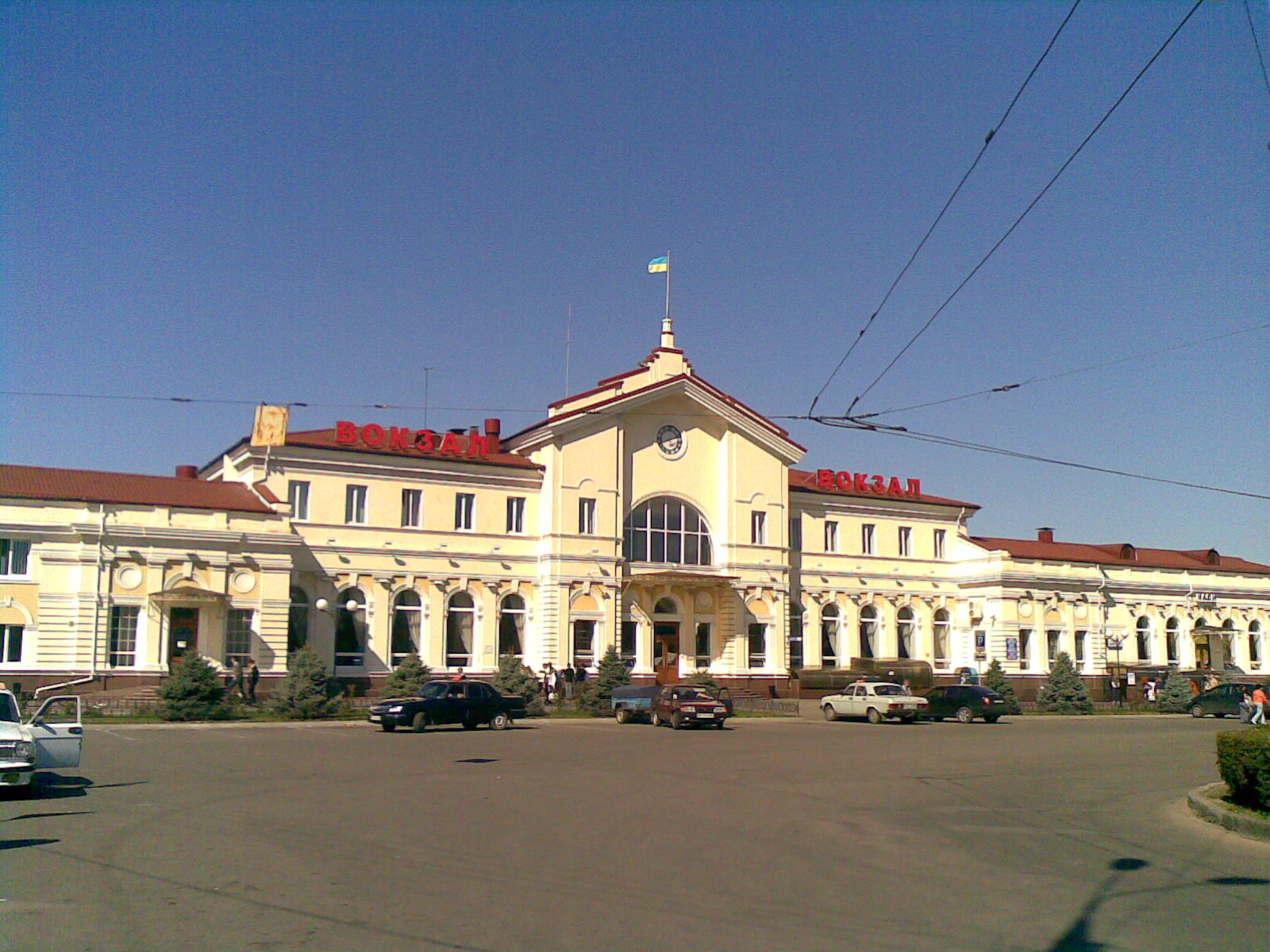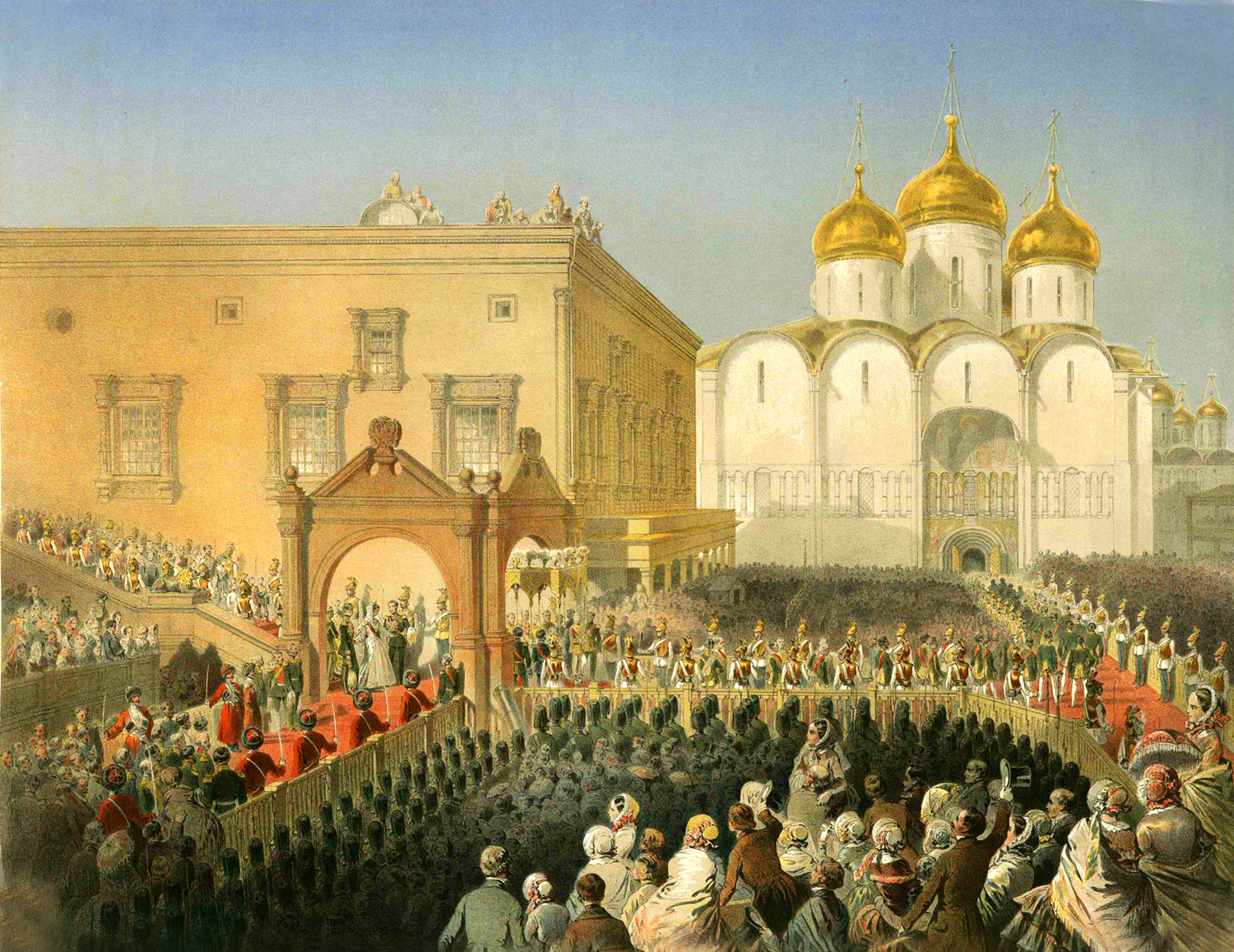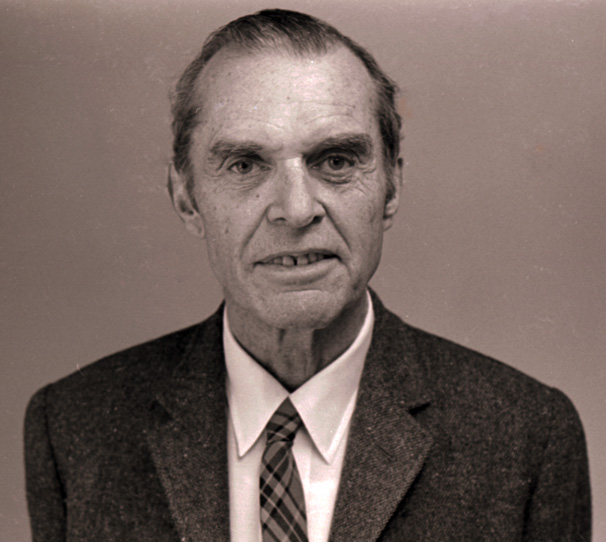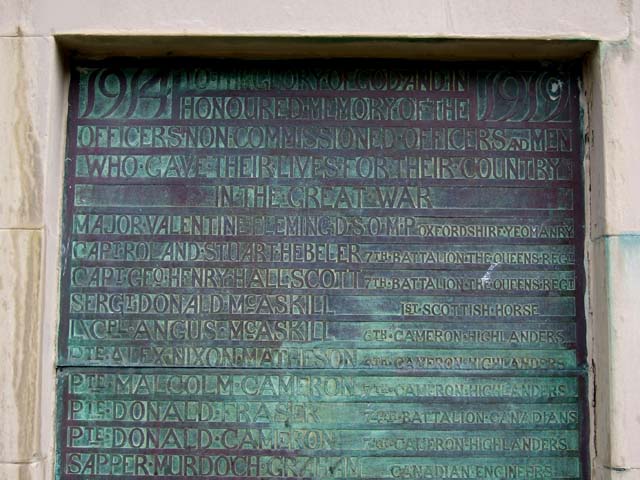|
Sidney Reilly
Sidney George Reilly (; – 5 November 1925), known as the "Ace of Spies", was a Russian-born adventurer and secret agent employed by Scotland Yard's Special Branch and later by the Foreign Section of the British Secret Service Bureau, the precursor to the modern British Secret Intelligence Service (MI6/SIS). He is alleged to have spied for at least four different great powers, and documentary evidence indicates that he was involved in espionage activities in 1890s London among Russian émigré circles, in Manchuria on the eve of the Russo-Japanese War (1904–05), and in an abortive 1918 ''coup d'état'' against Vladimir Lenin's Bolshevik government in Moscow. Reilly disappeared in Soviet Russia in the mid-1920s, lured by the Cheka's Operation Trust. British diplomat and journalist R. H. Bruce Lockhart publicised his and Reilly's 1918 exploits to overthrow the Bolshevik regime in Lockhart's 1932 book ''Memoirs of a British Agent.'' This became an international best-seller ... [...More Info...] [...Related Items...] OR: [Wikipedia] [Google] [Baidu] |
War Flag Of The Imperial Japanese Army
War is an armed conflict between the armed forces of states, or between governmental forces and armed groups that are organized under a certain command structure and have the capacity to sustain military operations, or between such organized groups. It is generally characterized by widespread violence, destruction, and mortality, using regular or irregular military forces. ''Warfare'' refers to the common activities and characteristics of types of war, or of wars in general. Total war is warfare that is not restricted to purely legitimate military targets, and can result in massive civilian or other non-combatant suffering and casualties. Etymology The English word ''war'' derives from the 11th-century Old English words and , from Old French ( as in modern French), in turn from the Frankish , ultimately deriving from the Proto-Germanic language">Proto-Germanic . The word is related to the Old Saxon , Old High German , and the modern German , meaning . History A ... [...More Info...] [...Related Items...] OR: [Wikipedia] [Google] [Baidu] |
Russian Soviet Federative Socialist Republic
The Russian Soviet Federative Socialist Republic (Russian SFSR or RSFSR), previously known as the Russian Socialist Federative Soviet Republic and the Russian Soviet Republic, and unofficially as Soviet Russia,Declaration of Rights of the laboring and exploited people, article I. was a socialist state from 1917 to 1922, and afterwards the largest and most populous Republics of the Soviet Union, constituent republic of the Soviet Union (USSR) from 1922 to 1991, until becoming a Declaration of State Sovereignty of the Russian SFSR, sovereign part of the Soviet Union with priority of Russian laws over Union-level legislation in 1990 and 1991, the last two years of the existence of the USSR.The Free Dictionary Russian Soviet Federated Socialist Republic< ... [...More Info...] [...Related Items...] OR: [Wikipedia] [Google] [Baidu] |
Grodno Governorate
Grodno Governorate was an administrative-territorial unit (''guberniya'') of the Northwestern Krai of the Russian Empire, with its capital in Grodno. It encompassed in area and consisted of a population of 1,603,409 inhabitants by 1897. Grodno Governorate was bordered by Suwałki Governorate to the north, Vilna Governorate to the northeast, Minsk Governorate to the east, Volhynian Governorate, Volhynia Governorate to the south, Kholm Governorate (Russian Empire), Kholm Governorate to the west, and Łomża Governorate to the northwest. The governorate covered the areas of modern-day Grodno Region of Belarus, part of the Podlaskie Voivodeship of Poland, and a small part of Druskininkai Municipality, Druskininkai, Lazdijai District Municipality, Lazdijai and Varėna District Municipality, Varėna districts of Lithuania. Overview Grodno, a western province or governorate of the former Russian Empire, currently located in Belarus, was situated between about 52° to 54° N latitud ... [...More Info...] [...Related Items...] OR: [Wikipedia] [Google] [Baidu] |
Bielsk Podlaski
Bielsk Podlaski (, , ) is a town in eastern Poland, within Bielsk County in the Podlaskie Voivodeship. As of December 2021, the town has a population of 24,883. Geography Bielsk Podlaski is located in the geographical region of Europe known as the Podlasie-Belarus Plateau (Polish: ''Wysoczyzny Podlasko-Białoruskie'') and the mesoregion known as the Bielsk plain (Polish: ''Równina Bielska''). The town covers an area of . Location It is located approximately northeast of Warsaw, the capital of Poland and southwest of Białystok, the capital of the Podlaskie Voivodeship. History Bielsk Podlaski has a long and rich history, dating back to the 12th century, when this area of Poland belonged to Kievan Rus'. The Gord (archaeology), gord of Bielsk was probably founded by Ruthenian dukes, and its existence was first mentioned in 1253, in the so-called Hypatian Codex. In 1273, Bielsk was captured by Lithuanian duke Traidenis, and in the early 14th century, whole province of Podlasi ... [...More Info...] [...Related Items...] OR: [Wikipedia] [Google] [Baidu] |
Gubernia
A governorate (, , ) was a major and principal administrative subdivision of the Russian Empire. After the Bolshevik Revolution in 1917, governorates remained as subdivisions in the Byelorussian, Russian and Ukrainian Soviet republics, and in the Soviet Union from its formation in 1922 until 1929. The term is also translated as ''government'' or ''province''. A governorate was headed by a governor (), a word borrowed from Latin , in turn from Greek (). Selected governorates were united under an assigned governor-general such as the Grand Duchy of Finland, Congress Poland, Russian Turkestan and others. There were also military governors such as Kronstadt, Vladivostok and others. Aside from governorates, other types of divisions were oblasts (region) and okrugs (district). First reform This subdivision type was created by the edict (ukase) of Peter the Great on December 18, 1708 "On the establishment of the gubernias and cities assigned to them", which divided Russia into e ... [...More Info...] [...Related Items...] OR: [Wikipedia] [Google] [Baidu] |
Kherson
Kherson (Ukrainian language, Ukrainian and , , ) is a port city in southern Ukraine that serves as the administrative centre of Kherson Oblast. Located by the Black Sea and on the Dnieper, Dnieper River, Kherson is the home to a major ship-building industry and is a regional economic centre. At the beginning of 2022, its population was estimated at 279,131. From March to November 2022, the city was Russian occupation of Kherson Oblast, occupied by Russian forces during their Russian invasion of Ukraine, invasion of Ukraine. Armed forces of Ukraine, Ukrainian forces Liberation of Kherson, recaptured the city on 11 November 2022. In June 2023, the city was flooded following the Russian Destruction of the Kakhovka Dam, destruction of the nearby Kakhovka Dam. Etymology As the first new settlement in the Greek Plan, "Greek project" of Catherine the Great, Empress Catherine and her favourite Grigory Potemkin, it was named after the Heraclea Pontica, Heraclea Pontic colony of Cherson ... [...More Info...] [...Related Items...] OR: [Wikipedia] [Google] [Baidu] |
Alexander II Of Russia
Alexander II ( rus, Алекса́ндр II Никола́евич, Aleksándr II Nikoláyevich, p=ɐlʲɪˈksandr ftɐˈroj nʲɪkɐˈlajɪvʲɪtɕ; 29 April 181813 March 1881) was Emperor of Russia, Congress Poland, King of Poland and Grand Duke of Finland from 2 March 1855 until Assassination of Alexander II of Russia, his assassination in 1881. Alexander's most significant reform as emperor was the emancipation reform of 1861, emancipation of Serfdom in Russia, Russia's serfs in 1861, for which he is known as Alexander the Liberator ( rus, Алекса́ндр Освободи́тель, r=Aleksándr Osvobodítel, p=ɐlʲɪˈksandr ɐsvəbɐˈdʲitʲɪlʲ). The tsar was responsible for other Liberalism, liberal reforms, including reorganizing the judicial system, setting up elected local judges, abolishing corporal punishment, promoting local self-government through the ''zemstvo'' system, imposing universal military service, ending some privileges of the nobility, and promot ... [...More Info...] [...Related Items...] OR: [Wikipedia] [Google] [Baidu] |
OGPU
The Joint State Political Directorate ( rus, Объединённое государственное политическое управление, p=ɐbjɪdʲɪˈnʲɵn(ː)əjə ɡəsʊˈdarstvʲɪn(ː)əjə pəlʲɪˈtʲitɕɪskəjə ʊprɐˈvlʲenʲɪje), abbreviated as OGPU (), was the secret police of the Soviet Union from November 1923 to July 1934, succeeding the State Political Directorate (GPU). Responsible to the Council of People's Commissars, the OGPU was headed by Felix Dzerzhinsky until 1926, then by Vyacheslav Menzhinsky until replaced by the Main Directorate of State Security (GUGB) within the People's Commissariat for Internal Affairs (NKVD). The OGPU played an important role in the Soviet Union's forced collectivization of agriculture under the leadership of Joseph Stalin, crushing resistance and deporting millions of peasants to the growing network of Gulag forced labor camps. The OGPU operated both inside and outside the country, persecuting political cri ... [...More Info...] [...Related Items...] OR: [Wikipedia] [Google] [Baidu] |
Alexander III Of Russia
Alexander III (; 10 March 18451 November 1894) was Emperor of Russia, King of Congress Poland and Grand Duke of Finland from 13 March 1881 until his death in 1894. He was highly reactionary in domestic affairs and reversed some of the liberal reforms of his father, Alexander II, a policy of "counter-reforms" (). Under the influence of Konstantin Pobedonostsev (1827–1907), he acted to maximize his autocratic powers. During his reign, Russia fought no major wars, and he came to be known as The Peacemaker ( ), with the laudatory title of ''Tsar’-Mirotvorets'' enduring into 21st century historiography. His major foreign policy achievement was the Franco-Russian Alliance, a major shift in international relations that eventually embroiled Russia in World War I. His political legacy represented a direct challenge to the European cultural order set forth by German statesman Otto von Bismarck, intermingling Russian influences with the shifting balances of power. Early life ... [...More Info...] [...Related Items...] OR: [Wikipedia] [Google] [Baidu] |
Cold War
The Cold War was a period of global Geopolitics, geopolitical rivalry between the United States (US) and the Soviet Union (USSR) and their respective allies, the capitalist Western Bloc and communist Eastern Bloc, which lasted from 1947 until the dissolution of the Soviet Union in 1991. The term ''Cold war (term), cold war'' is used because there was no direct fighting between the two superpowers, though each supported opposing sides in regional conflicts known as proxy wars. In addition to the struggle for ideological and economic influence and an arms race in both conventional and Nuclear arms race, nuclear weapons, the Cold War was expressed through technological rivalries such as the Space Race, espionage, propaganda campaigns, Economic sanctions, embargoes, and sports diplomacy. After the end of World War II in 1945, during which the US and USSR had been allies, the USSR installed satellite state, satellite governments in its occupied territories in Eastern Europe and N ... [...More Info...] [...Related Items...] OR: [Wikipedia] [Google] [Baidu] |
Inspirations For James Bond
A number of real-life inspirations have been suggested for James Bond, the fictional character created in 1953 by British author, journalist and former Naval Intelligence officer Ian Fleming (1908–1964); Bond appeared in twelve novels and nine short stories by Fleming, as well as a number of continuation novels and twenty-seven films, with seven actors playing the role of Bond. Although the stories and characters were fictional, a number of elements had a real-life background, taken from people whom Fleming knew or events he was aware of. These included the spy's name, which Fleming took from the American ornithologist James Bond, and the code number—007—which referred to the breaking of a First World War German diplomatic code. Some aspects of Bond's character and tastes replicate those of Fleming himself. An inspiration for the James Bond spy novels may have come from the writings of William Le Queux, who wrote related novels between 1891 and 1931; inspiration for th ... [...More Info...] [...Related Items...] OR: [Wikipedia] [Google] [Baidu] |
Ian Fleming
Ian Lancaster Fleming (28 May 1908 – 12 August 1964) was a British writer, best known for his postwar ''James Bond'' series of spy novels. Fleming came from a wealthy family connected to the merchant bank Robert Fleming & Co., and his father was the Member of Parliament (United Kingdom), Member of Parliament (MP) for Henley (UK Parliament constituency), Henley from 1910 until his death on the Western Front (World War I), Western Front in 1917. Educated at Eton College, Eton, Royal Military College, Sandhurst, Sandhurst, and, briefly, the universities of Munich University, Munich and University of Geneva, Geneva, Fleming moved through several jobs before he started writing. While working for Britain's Naval Intelligence Division (United Kingdom), Naval Intelligence Division during the Second World War, Fleming was involved in planning Operation Goldeneye and in the planning and oversight of two intelligence units: 30 Assault Unit and T-Force. He drew from his wartime se ... [...More Info...] [...Related Items...] OR: [Wikipedia] [Google] [Baidu] |





